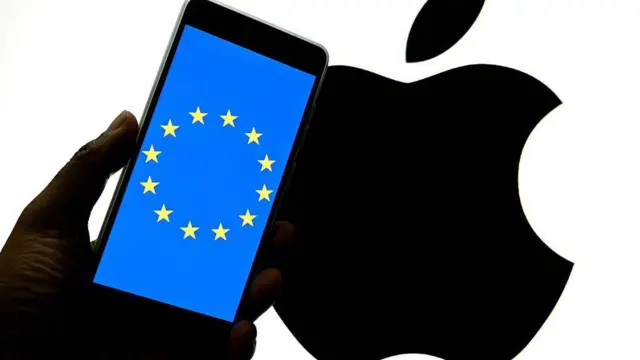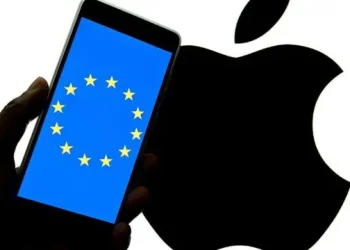Apple has sharpened its rhetoric against European regulators, accusing “bureaucrats in Brussels” of trying to dismantle the tightly integrated ecosystem it says delivers a “magical, innovative experience.” Senior vice-president Greg Joswiak warned of a “serious threat” in Europe as the company rolls out new products, arguing that Apple’s end-to-end control of hardware and software ensures safety, privacy and reliability for users.
Brussels sees the same design philosophy as a competitive choke point. After years of clashes, the European Commission fined Apple €500m in April for App Store practices it deemed anti-competitive and is enforcing the Digital Markets Act (DMA), a 2022 law applying from 2024 that targets dominant “gatekeepers.” For Apple, the DMA’s headline demands are interoperability: third-party headphones should work with iPhones with feature parity; non-Apple smartwatches must be able to receive iPhone notifications; and rival platforms should be able to send and accept content with AirDrop-like convenience.
Consumer advocates say this is overdue. Sébastien Pant of BEUC calls the DMA a way to tackle the “walled garden problem,” increasing choice and enabling devices to “talk to one another.” Apple counters that forced openness risks degrading privacy, security and product integrity. The company has already delayed or withheld features in Europe, most visibly with AirPods Pro 3 and their Live Translation capability, which launched in the U.S. but not the EU. Apple says the feature depends on close coordination between AirPods microphones and the iPhone; opening the stack for other devices would require significant engineering to meet its standards.
Regulatory pressure is broadening. The Commission last week rejected Apple’s bid to roll back much of its interoperability order, while in the UK the Competition and Markets Authority is advancing rulemaking that mirrors parts of the DMA—prompting Apple to warn London not to “follow the EU’s lead.” Joswiak alleges Europe is “creating a worse experience” for users, undermining innovation and infringing intellectual property.
Apple is not alone in recalibrating for European rules. Meta delayed the EU launch of Threads to align with data-use obligations, and Apple previously postponed its AI-focused Apple Intelligence rollout in the bloc. The standoff boils down to two visions: Apple’s curated, vertically integrated model versus the EU’s competition-first framework that prioritizes interoperability. Until courts or technical compromises resolve that tension, European users should expect occasional delays—and a louder public fight over who defines the “best” user experience.





















